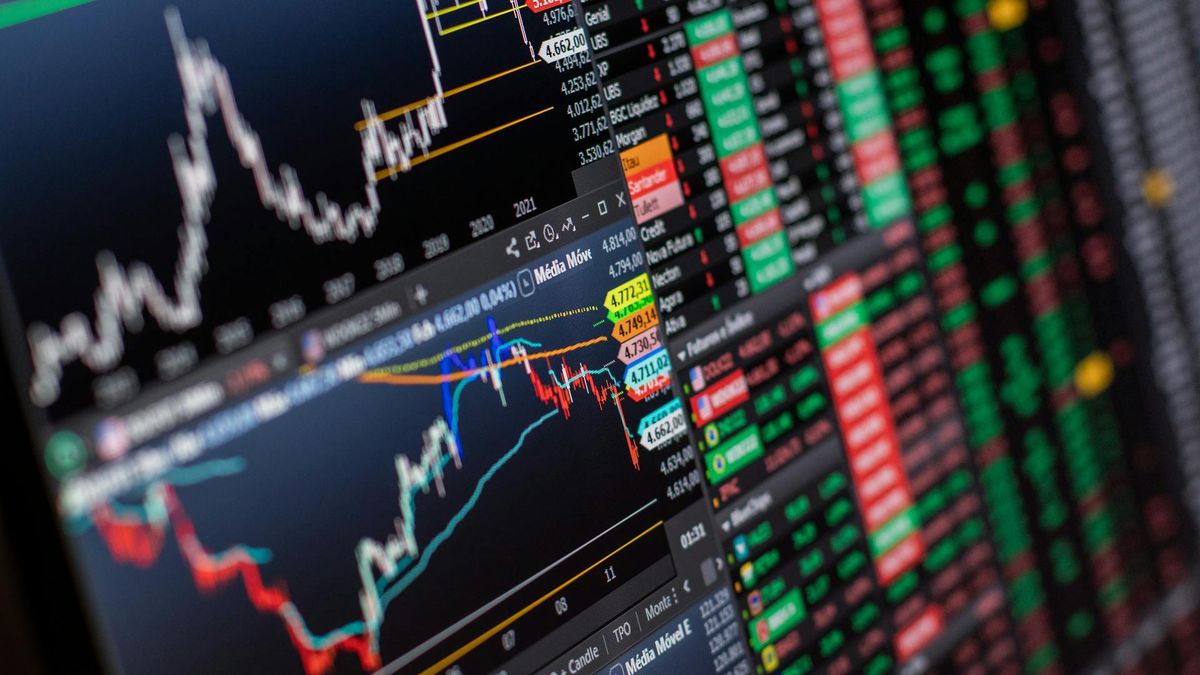However, he clarified that the agreement with the International Monetary Fund (IMF) and He warned about the possibility that the world situation could lead to stagflation processes. That, he assured, would force developed central banks to take action, which would worsen the scenario for Latin American markets.
The director of Bell Bursátil, Emilse Cordoba, agreed that the benefit to some sectors could be short-lived. “The uncertainty generated by a war does not have a gain for anyone. I believe that the agricultural and energy stocks, such as Mirgor, Cresud, Pampa Energía, YPF or TGN will benefit from the first moments of the war but not in the long term”, he estimated.
In this sense, the specialist recommended “protecting capital” through safer assets. At the local level, it welcomes investments in bonds indexed to inflation (CER) or in highly liquid dollar securities, such as the GD29, the GD30 or the GD35.
On the other hand, Córdoba highlighted the importance of having an investment ethic. “In a war, the world loses and we have a responsibility as investors,” he said.
The rise in the price of commodities was due to fears of a lower global supply due to the sanctions against Russia. It is worth noting, by way of example, that between Russia and Ukraine they export 30% of the world’s wheat, and that the country presided over by Vladimir Putin represents about 40% of natural gas imports in Europe.
In this context, the Bioceres shares have risen more than 10% and Cresud’s soared almost 50% in dollars in the last month. Even so, both Ignacio Sniechowski, Head of Equity Research at Inversión en Bolsa (IEB), and Maximiliano Donzelli, Head of Research at Inversiónronline (IOL), agreed that in this segment most of the rise in the international price was already discounted in the value of assets.
In the case of Cresud, Sniechowski said that the potential increase in the share is more linked to its participation in Irsa. For his part, Donzelli suggested that “before investing in these assets, it is probably better to wait for a correction before taking a position.”
Where the IEB expert does see the most attractiveness is in the energy sector since, to the rise in international prices, the tariff adjustments that the Government will carry out within the framework of the agreement with the IMF are added, which could be greater than expected due to the impact of the war on the costs of energy at the local level, taking into account that Argentina is a net importer of gas.
“Even when this increase in rates ends up simply replacing the subsidies, and does not result in a real increase, the fact that companies start charging directly has a positive financial impact on the cash flow. TGN, Pampa Energía, Central Puerto and Transener already have confirmed increases, and many of these companies have some non-regulated business segments that present an opportunity to capitalize on price increases”, he elaborated.
In the case of the energy sector, increases of 10% in Pampa Energía, 25% in YPF and 60% in Vista Oil & Gas, the company with the best performance in 2021 within the category, stood out in the last month.
Facing this scenario, Donzelli stressed that “local companies are still far below other oil companies globally.” “Although Argentine oil companies do not have full exposure to the price of a barrel, in the long term they tend to go hand in hand. The context of high prices that is here to stay, added to the low valuation, make it interesting to have companies like Vista, Pampa and YPF in the portfolio”deepened.
In addition, he added that the increase in gas could benefit Transportadora de Gas del Sur, the largest in the region, which transports 60% of the gas in Argentina. “Despite the freezing of tariffs in the country, the company managed to show very good results, which are largely due to its non-regulated business segment, liquids,” he assured.
In this context, many economists estimate that the net effect of the commodities boom on Argentine reserves is positive, due to the rise in grains. The ton of soybeans reached a record 10 days ago since 2012, exceeding US $ 625, while wheat marked a maximum in 14 years.
However, the possible negative impact of imports of Liquefied Natural Gas (LNG) continues to alarm. According to estimates, with LNG at US$40 per million BTU (last year it was US$8.33), the country would have to disburse close to an additional US$6 billion, compared to 2021, if it wants to maintain the planned supply to beginning of the year. Additionally, the projections in fiscal matters speak of an increase equivalent to some US$5,000 million in subsidies for this year.
Source: Ambito
David William is a talented author who has made a name for himself in the world of writing. He is a professional author who writes on a wide range of topics, from general interest to opinion news. David is currently working as a writer at 24 hours worlds where he brings his unique perspective and in-depth research to his articles, making them both informative and engaging.




